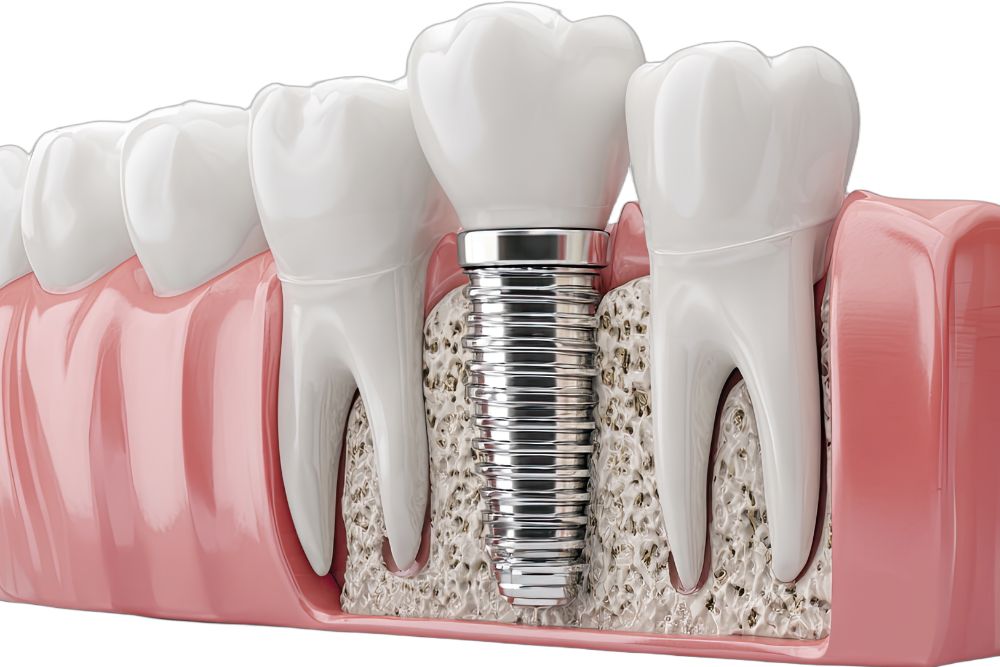At Ararat Dental we are firm believers that technological advancements and improved anesthetics have dispelled much of the truth behind myths and fears associated with root canal treatment. Now, let’s delve into a step-by-step guide of the root canal procedure to address any lingering concerns.
Root Canal Explained
A routine dental procedure, root canals aim to salvage teeth afflicted by infection or extensive decay. Conducted by an endodontist, a specialist in the tooth’s inner workings, the process entails:
- extracting the infected pulp.
- the root canal’s interior is meticulously cleansed and shaped
- then filled and sealed
- finally, to preserve both aesthetics and function, a crown or another cosmetic cap is applied to the tooth.

How it is performed – Root Canal Treatment
Here is step by step how root canal is being treated:
- Anesthetic Application: To ensure a painless procedure, the endodontist administers local anesthesia to numb the tooth and surrounding area.
- Creating Access: Once the tooth is numbed, a small hole is drilled to access the root canal system and the affected pulp.
- Extracting Pulp: Using specialized tools, the endodontist carefully removes the diseased or inflamed pulp from within the tooth.
- Cleansing and Shaping: The interior of the root canals is meticulously cleaned and shaped, eliminating bacteria, nerve tissues, and debris.
- Canal Filling: Following cleaning, the root canals are filled with a biocompatible material like gutta-percha. The access hole is then sealed with a temporary filling.
- Final Restoration: During a subsequent visit, the temporary filling is replaced with a permanent filling or crown, fully restoring the tooth’s functionality.
What happens if you get a root canal while pregnant?
Expectant mothers often inquire about the safety of anesthesia and pain medication during root canal treatment and pregnancy. Fortunately, according to the American Dental Association, local anesthesia does not present any risk to the development of the fetus.
Root canals are generally safe to undergo during pregnancy, especially in the second trimester. However, it’s essential to remember that each situation is different, and it’s crucial to have a discussion with your dentist about your specific circumstances.

How serious is a failed root canal?
Timely treatment is essential when a root canal fails, as the patient may experience infection or discomfort, whether ongoing or new. Prompt attention is crucial to prevent the infection from spreading to other teeth or causing further illness. Additionally, relieving pain as soon as possible is paramount for the patient’s well-being.
Contact Ararat Dental If you have questions or if you suspect you may need a root canal.







